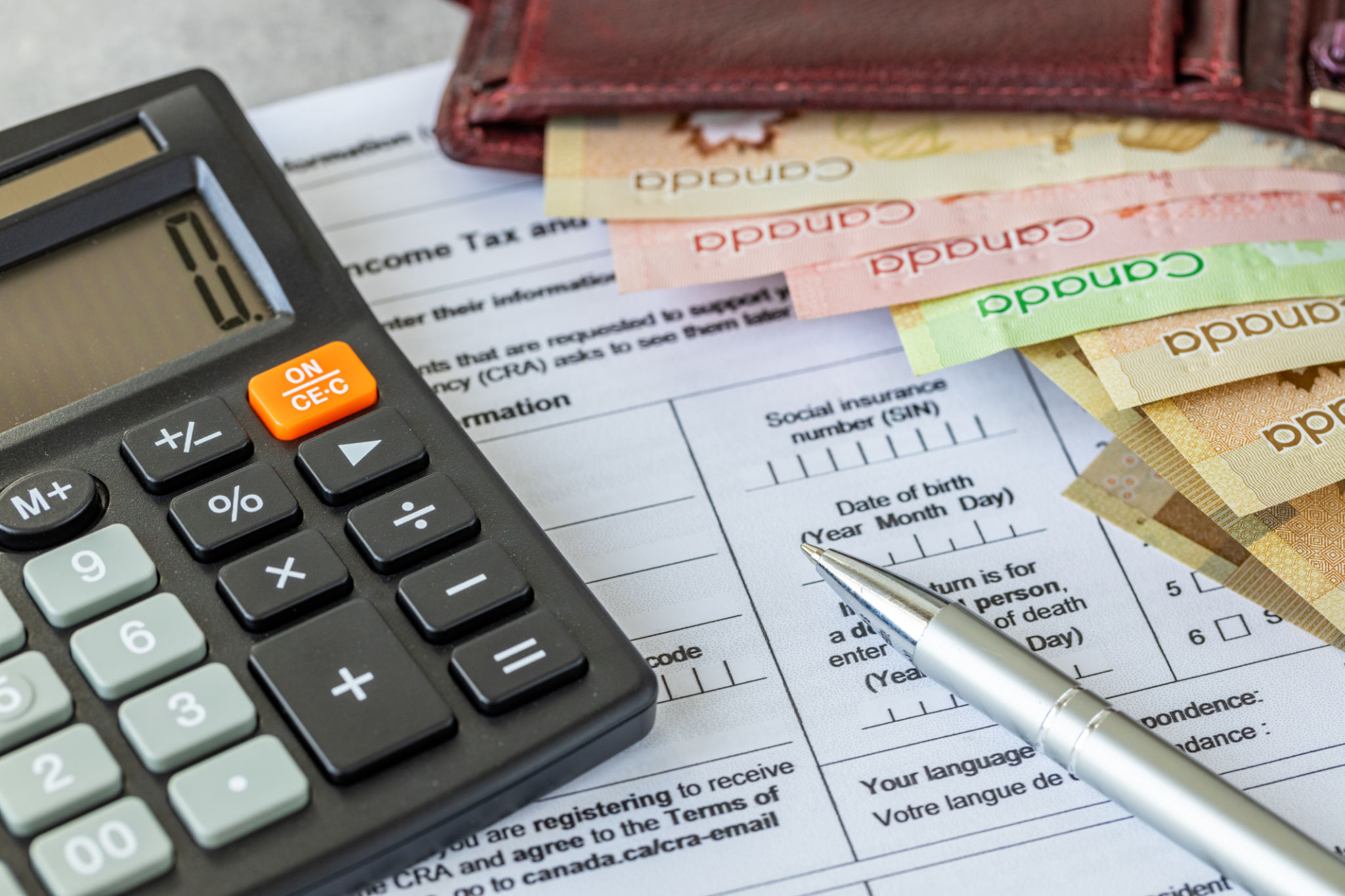Essential Tax Season Assistance: How to Navigate Georgia's Tax Landscape
Understanding Georgia's Tax System
Navigating the tax landscape in Georgia can be daunting, especially during tax season. Understanding the state's specific tax regulations is crucial for both individuals and businesses. Georgia has a unique set of guidelines and requirements that taxpayers must follow. Familiarizing yourself with these rules can save you time, money, and potential legal complications.

Georgia's tax system includes individual income taxes, sales taxes, and property taxes, among others. The state income tax rate is a graduated scale, meaning it increases with higher income levels. Sales taxes are also applied at both the state and local levels, which can vary depending on the county or city.
Individual Income Tax Filing
For residents of Georgia, filing an individual income tax return is mandatory if your income exceeds the threshold set by the state. It's essential to gather all necessary documents, such as W-2s, 1099s, and other income-related forms. Utilizing tax preparation software can simplify the process, but professional assistance might be beneficial for complex situations.

Understanding deductions and credits is another aspect of preparing your Georgia tax return. The state offers various credits that can reduce your taxable income, such as the low-income credit and child tax credit. Make sure to explore all available options to maximize your refund or minimize your payment.
Business Tax Considerations
For businesses operating in Georgia, understanding corporate tax obligations is vital. The state imposes a corporate income tax, which businesses must file annually. Depending on the business structure, additional taxes like sales and use tax or withholding tax may apply.
Businesses should maintain meticulous records of all financial transactions to ensure accurate reporting. Engaging with a certified public accountant (CPA) familiar with Georgia tax laws can provide invaluable guidance through the filing process.

Property Tax Responsibilities
Property owners in Georgia are subject to property taxes, which fund local services like schools and public safety. The amount you owe is based on the assessed value of your property and the millage rate set by local governments. Paying attention to assessment notices and deadlines is crucial to avoid penalties.
If you believe your property has been overvalued, you have the right to appeal the assessment. It's a process that requires evidence and sometimes professional appraisals but can result in significant savings if successful.
Staying Informed and Seeking Help
Tax laws in Georgia can change, making it essential to stay informed about any new legislation that might affect your taxes. Subscribing to updates from the Georgia Department of Revenue can help keep you up-to-date.
Don't hesitate to seek help from tax professionals if you find yourself overwhelmed. Their expertise can provide clarity and ensure compliance with all state regulations, giving you peace of mind during tax season.